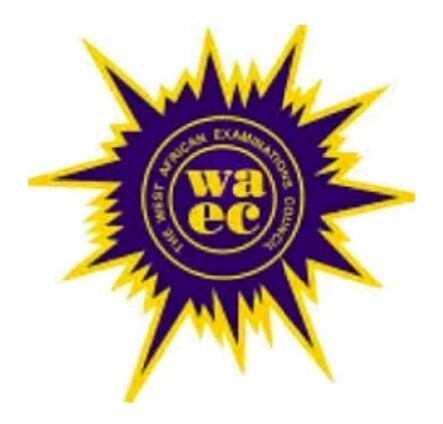When preparing for the West African Examination Council (WAEC) Edo exam, it is essential to study the official syllabus provided by WAEC.
The syllabus serves as a comprehensive guide, outlining the aims, objectives, and content for the examination.
This blog post highlights the significance of studying the Edo syllabus and provides an overview of the exam format and recommended textbooks.
Why Study the Edo Syllabus?
- Guidance for Exam Preparation: The Edo syllabus acts as a roadmap for your exam preparation. It identifies the specific topics and concepts you need to study in order to succeed in the examination.
By following the syllabus, you can ensure that you cover all the essential areas and avoid wasting time on irrelevant materials.
- Understanding the Exam Structure: The syllabus provides detailed information about the exam format. For the Edo exam, it consists of two papers: Paper 1 and Paper 2. Paper 1 is a multiple-choice section that covers language, literature, and culture aspects. Paper 2 requires essay-type answers related to language, literature, and culture. By familiarizing yourself with the structure of the exam, you can plan your study time effectively and allocate sufficient time to each section.
Exam Format Overview:
Paper 1:
- Language section (comprehension, composition, sound system, grammar, and translation)
- Literature section (basic principles of literary appreciation, oral literature, and written literature)
- Culture section (customs and institutions)
Paper 2:
- Language section (essay-type questions on composition and sound system)
- Literature section (oral literature and written literature)
- Culture section (customs and institutions)
- Comprehensive Coverage of Edo Language, Literature, and Culture: The syllabus ensures that you gain a thorough understanding of Edo language, including its sound system, grammar, and translation. It also covers oral and written literature, providing exposure to different genres such as prose, poetry, and drama. Additionally, the syllabus explores Edo culture, including customs, institutions, and beliefs. By studying these aspects, you will develop a holistic understanding of the language and its cultural context.
- Recommended Textbooks: The syllabus recommends specific textbooks that align with the exam content. These textbooks offer additional resources and examples to enhance your learning experience. They cover various literary works and cultural topics, providing valuable insights and references for your exam preparation.
Conclusion
Studying the WAEC Edo syllabus is crucial for effective exam preparation.
It provides a clear framework for your studies, helps you understand the exam structure, and ensures comprehensive coverage of Edo language, literature, and culture.
By following the syllabus and utilizing the recommended textbooks, you can equip yourself with the necessary knowledge and skills to succeed in the Edo examination.






